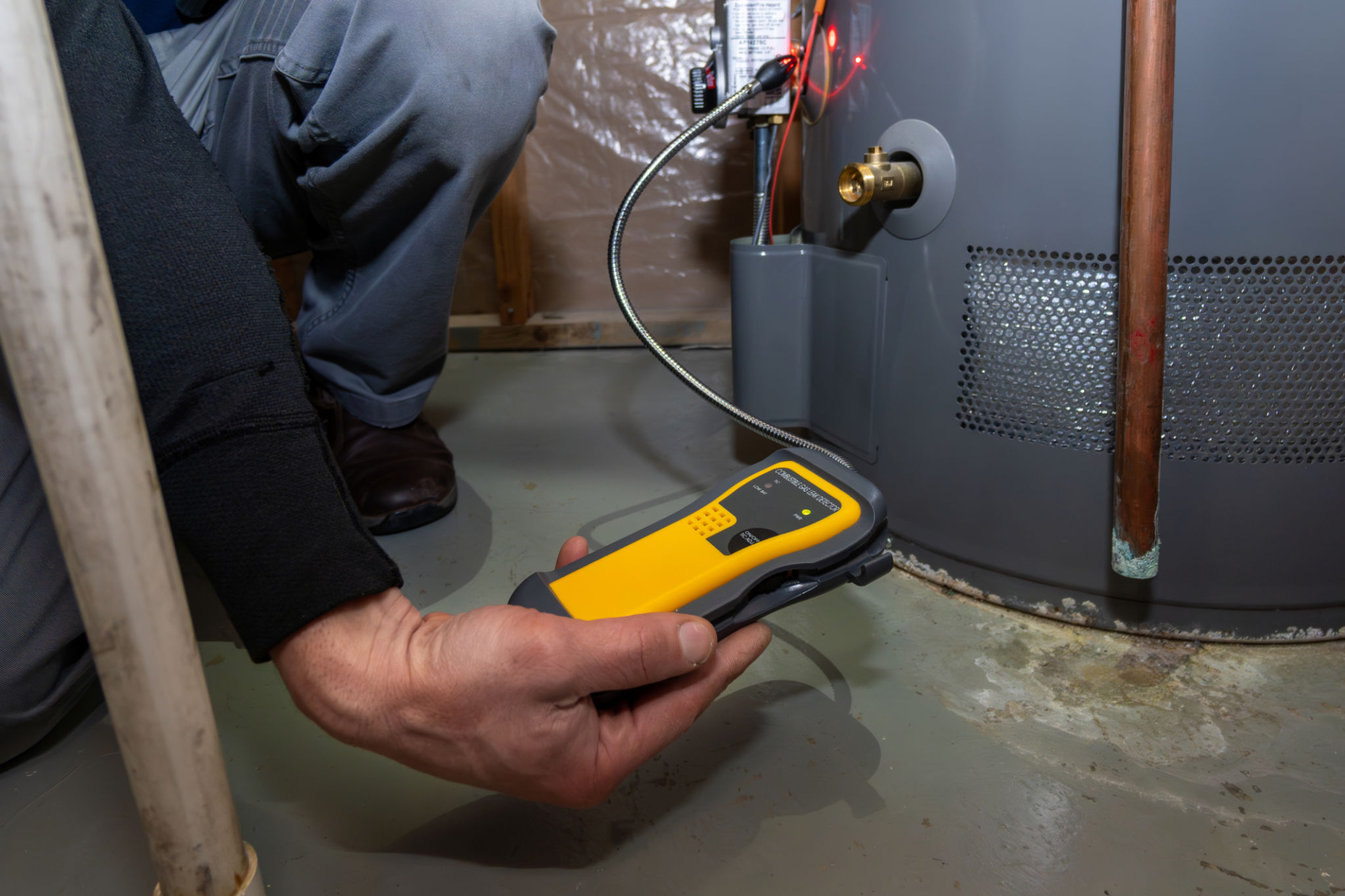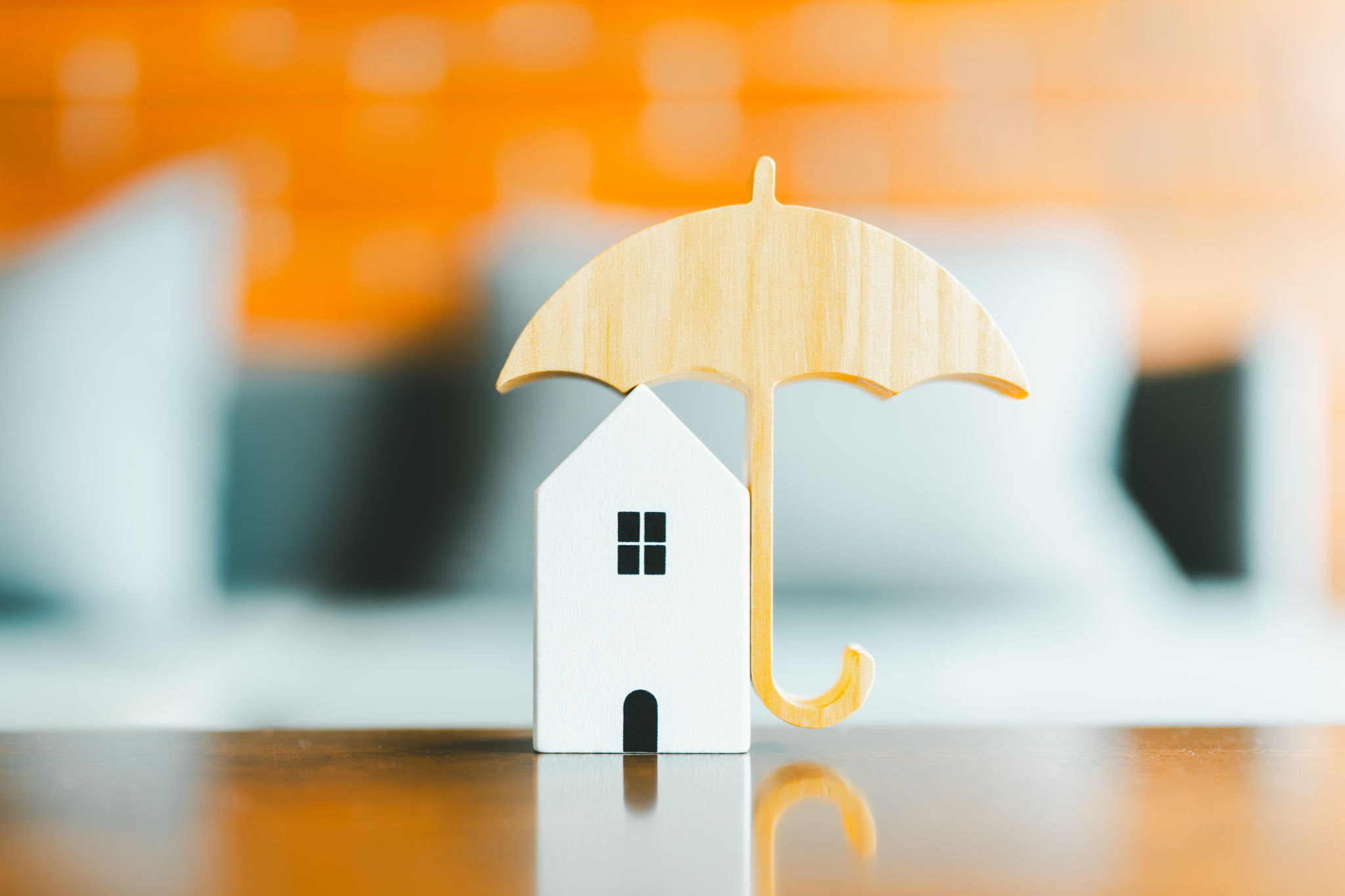How to Prepare Your Bigfork Home for Rainy Seasons
Inspect Your Roof
One of the first steps in preparing your Bigfork home for the rainy season is to inspect your roof. Look for any damaged, loose, or missing shingles that could lead to leaks. Repairing these issues before the rain starts is crucial to prevent water damage to your interior spaces.
Additionally, check for any signs of mildew or rot on the roof. These problems can worsen with moisture exposure. A professional roof inspection might be a wise investment to ensure everything is in top condition.

Clean and Maintain Gutters
Gutters play a critical role in directing rainwater away from your home. Ensure they are clear of leaves, twigs, and other debris that could cause blockages. Clogged gutters can lead to water overflow, which might damage your home's foundation or landscaping.
Consider installing gutter guards to reduce the frequency of cleaning. Regularly check for any sagging or loose sections of the gutter and repair them promptly to maintain optimal functionality.
Check Windows and Doors
Windows and doors are common entry points for rainwater. Ensure that all seals and weather stripping are intact and in good condition. Replace any worn or damaged seals to prevent leaks and drafts.
For added protection, you might consider applying a sealant around windows and doors. This extra layer can help keep moisture out, ensuring your interior stays dry during heavy rains.

Prepare Your Yard
Your yard can significantly impact how your home handles rainwater. Ensure that the landscape is graded away from the house to prevent water pooling near the foundation. Trim back any overhanging branches that could break and cause damage during storms.
Consider installing a rain garden or drainage system to manage excess water effectively. These solutions can help prevent flooding and soil erosion while adding aesthetic value to your property.
Inspect and Maintain Your Basement
If your Bigfork home has a basement, it’s crucial to ensure it’s well-protected against potential flooding. Check for cracks in the walls or floors and seal them with a waterproof sealant. A sump pump installation can be a valuable tool in preventing basement water accumulation.

Regularly test your sump pump to ensure it is functioning correctly before the rainy season begins. Backup battery systems can provide peace of mind in case of power outages during storms.
Stock Emergency Supplies
Being prepared for potential power outages or emergencies during rainy seasons is wise. Have an emergency kit stocked with essentials such as flashlights, batteries, non-perishable food, and water. A battery-powered radio can keep you informed during severe weather conditions.
Consider having sandbags on hand if flooding is a concern in your area. They can be quickly placed around doors and low-lying areas to provide an additional barrier against rising waters.
Invest in Home Insurance
Finally, review your home insurance policy to ensure you have adequate coverage for potential water damage. Understanding what is covered and making necessary adjustments can save you from significant financial strain should an issue arise.

Consult with your insurance provider about additional flood insurance if you live in high-risk areas. This coverage can offer additional protection and peace of mind during the rainy seasons.